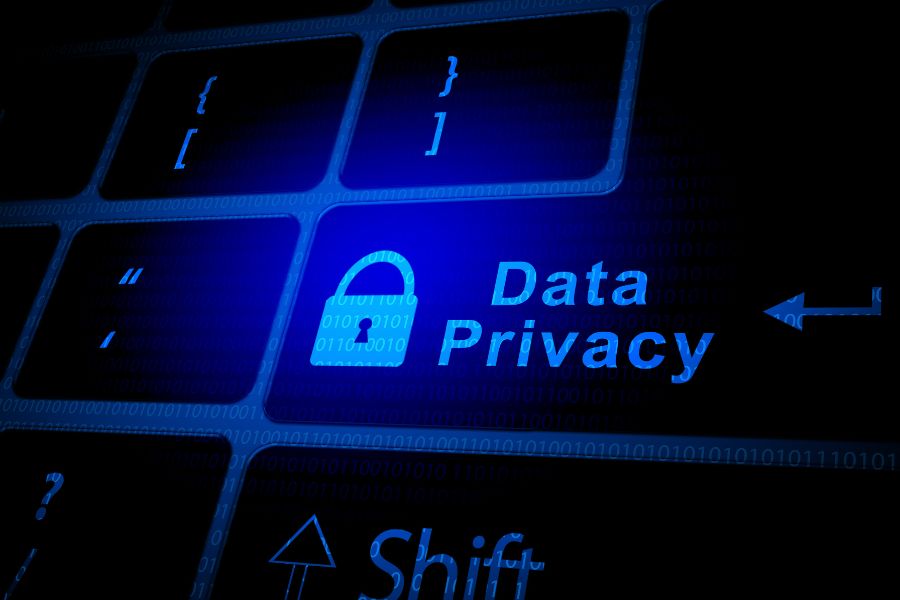What is the Difference Between Cyber Security and Digital Forensics?
September 26, 2023, 3 min read
Many people are confused since the terms “cyber security” and “digital forensics” are commonly used interchangeably in today’s quickly expanding technological landscape. This is one of the main causes of confusion. It is essential to be aware of the fundamental distinctions between the two fields, even though both are essential to ensuring the safety of digital assets and conducting thorough investigations of cyber occurrences. The purpose of this article is to shed light on the differences between cyber security and digital forensics, with a particular emphasis on the distinctive goals and procedures of each subject.
Cyber security and Digital Forensics: What They Are and What They Do
Cybersecurity encompasses practices and precautions to prevent unauthorized access or damage to computer systems, networks, and data. It emphasizes prevention through measures like firewalls, encryption, and employee training. Experts aim to proactively safeguard digital resources, ensuring confidentiality, integrity, and availability.
On the other hand, digital forensics is concerned with the examination and analysis of events that have occurred after an incident. It entails the gathering, preservation, analysis, and presentation of digital evidence in a format that can be used in court. Experts in digital forensics use specialized technologies and methods to unearth the truth about cyber incidents, recreate events, identify culprits, and provide support for legal procedures. They are responsible for determining the scale of an attack, evaluating its effects, and providing assistance with the recovery process.
The Reason Behind It All and Our Goals
Cybersecurity’s primary goal is to build a robust defense system against cyberattacks, safeguarding crucial information assets. This involves creating multiple lines of defense, risk assessments, and preventive measures. Professionals aim to ensure privacy, integrity, and accessibility of information, systems, and services.
Digital forensics focuses on post-incident operations, aiming to understand cyberattacks or digital crimes. Its main goal is to collect and examine evidence in compliance with forensic standards. Professionals follow strict norms to ensure evidence validity and admissibility in court.
Strategies, Methods, and Methodologies
The practice of cyber security has a preventative, detective, and corrective strategy, and hence utilizes a combination of these three types of techniques. This includes conducting security awareness training, vulnerability assessments, penetration testing, and network monitoring, as well as planning for and responding to incidents. The implementation and management of security measures, the response to alarms, and the prevention of security breaches before their occurrence are the responsibilities of cyber security teams.
In contrast, digital forensics is reactive, focusing on gathering, preserving, and analyzing digital data to understand security breaches. This involves using specialized tools to extract data from various sources like PCs, mobile devices, logs, and cloud storage. Digital forensics professionals ensure evidence integrity and maintain a chain of custody for legal purposes.
Skill Sets and Roles
Cybersecurity professionals require diverse technical skills like network security, system admin, cryptography, and incident response. They proactively protect organizations by monitoring traffic, identifying threats, and implementing security controls. Staying updated on new vulnerabilities and threats is crucial for countering evolving attack methods.
Experts in digital forensics, on the other hand, have a comprehensive understanding of computer systems, file systems, network protocols, and forensic tools. They are knowledgeable in the processes of processing evidence, recovering data, analyzing malware, and reverse engineering. When it comes to gathering, analyzing, and presenting evidence in a forensically sound manner, digital forensics specialists work closely with law enforcement agencies, legal teams, and incident responders.
Conclusion
While closely related and sharing the goal of digital asset protection, cyber security, and digital forensics employ distinct approaches. Cyber security emphasizes prevention and proactive measures to secure organizations, while digital forensics focuses on post-incident investigation and analysis. Both fields are vital for a comprehensive cybersecurity plan, complementing each other in data protection, cybercriminal identification, and legal support. Understanding these differences helps businesses allocate resources, enhance incident response, and boost cyber resilience.
Image Source: Image by WangXiNa on Freepik




























